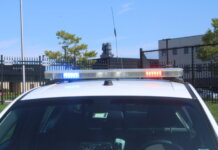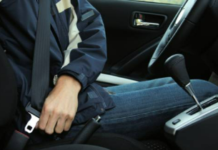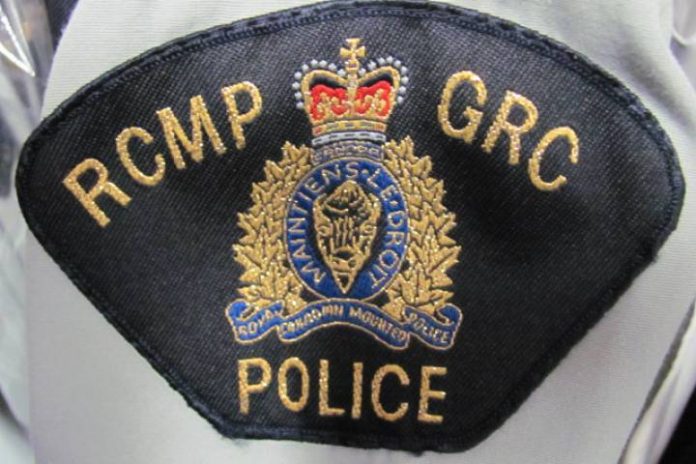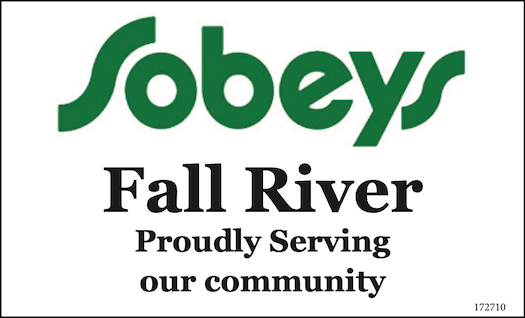EAST HANTS/LOWER SACKVILLE: As students across the province head back to school next week, the Nova Scotia RCMP is reminding motorists and pedestrians to be extra careful during their daily commutes.
Students and guardians must also be aware of the potential risks associated with sharing intimate photos over the internet.
“From the first day of school onward, it’s important that drivers are prepared for extra vehicle and pedestrian traffic,” says Cpl. Chris Marshall, Public Information Officer. “And whether travelling by car, by school bus or by foot, there are safety tips to keep in mind to ensure everyone has a safe start to the academic year.”
Speeding in school zones is an ongoing problem. In 2021, the number of tickets issued by the Nova Scotia RCMP for school zone speeding infractions jumped by over 40%.
“When entering a school zone during school hours, motorists must assume children are in the area,” said Cpl. Marshall. “Drivers need to slow down.”
When the posted speed limit in a school zone is 50 km/h, drivers can proceed at a maximum of 30 km/h during the school day. On weekends, evenings and holidays, they can drive the speed limit unless children are near.
For a first offence of speeding in a school zone, drivers face:
- A $352.50 fine and two points off their license (1-15 km/h over the speed limit)
- A $467.50 fine, three points off their license and a seven-day suspension (16-30 km/h over the speed limit)
- A $697.50 fine, four points off their license and a seven-day suspension (31+ km/h over the speed limit)
Each year, police also continue to receive reports of vehicles passing school buses that are loading and unloading students.
“When school buses are parked in the street with their stop sign extended and their red lights flashing, motorists must come to a complete stop,” says Cpl. Marshall. “Failure to stop for a school bus could result in a fine of $410 and the loss of six license points.”
The return to the classroom can also bring new pressures for children and youth to share intimate photos of themselves online and via text messages. Some key reminders for students include:
- Don’t accept friend requests from people you don’t know
- Know that if you send a picture (or video) over the internet or through your phone, you don’t have control over who sees it or where it goes
- Child pornography (making, distributing/transmitting, accessing) is a criminal offence
- Talk to your parent(s) or a trusted adult if something happens to you online; you’re not alone and you can get help
“Remind the students in your life to always use caution when walking to and from school and when getting on and off their buses,” says Cpl. Marshall. “The start of the school year is also a good time to educate around the sharing of intimate photos; kids should never send private photos of themselves to anybody over the internet or via text.”


































